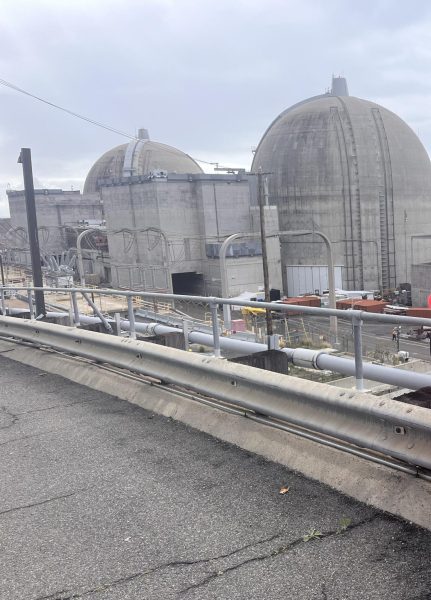The Rise in Gas Prices
Gasoline prices are coming down nationwide however, in California, they’re going up and are most likely to rise even more.
Patrick De Haan, head of Petroleum analysis at GasBuddy, predicted that gasoline prices will go from 35 cents to 50 cents a gallon in Northern California.
“We continue to see the national average price of gasoline decline, now for the 13th straight week. But, we’re seeing drastically different price behavior from coast to coast, with some areas seeing noticeable increases while others see decreases,” said Haan in a post on GasBuddy. “Refinery issues in California are leading to an increase in areas supplied by the state’s refineries, including areas of Arizona, Nevada, Oregon, Washington, and of course, California.”
While the specific reasons for the interference remain unknown, some of the factors include computer trouble or an internal part not working.
“Another factor that could be affecting is the extreme heat wave,” said the professor of finance at California State University, Sanjay Varshney.
It’s easier for other states in the East and Midwest to access oil from the Gulf. While it’s harder for California to access this oil, he state’s environmental laws are stricter in California than in other states in the US. Another reason for the higher gasoline prices is that the taxes motorist in California pay at the pump are the highest in the nation.
The analysis also said that if a refinery has operating issues, the supplies from other resources might not arrive right away. The federal Energy Department stated that “California refineries need to run at near full capacity to meet the state’s gasoline demand.” The Automobile Club of Southern California’s corporate communications and programs manager, Doug Shupe stated that, “Oil Price Information Service reports that several local refineries are undergoing unplanned maintenance as fuel inventories are at their lowest levels in a decade, which caused Los Angeles wholesale prices to rise sharply this week.” Some refineries are also switching from oil to other lower-carbon renewable fuels by the rules of the state and federal environment. While other older refineries are closing rather than producing more oil, others are producing more diesel and jet fuel since they make more money that way.
Another reason might be the war between Russia and Ukraine. Russia is one of the largest oil exporters in the world, so when the US protested the invasion of Ukraine by putting sanctions on Russia, that also affected the citizens by not being able to receive oil from Russia.
Fewer people produce oil, meaning that it’s been difficult to contact other sources. “They can’t find people, and can’t find equipment,” said the president of consulting firm Rapidan Energy Group, Robert McNally. “It’s not like they’re available at a premium price. They’re just not available.” Oil companies are not boosting their production, but rather boosting the prices of the oil.
However, since the prices of oil increased this year, more people are motivated to produce oil. This means that there will be more supply, and prices should slowly come down.

Jaylenne is a senior in high school, and likes listening to music and editing. She also enjoys writing articles.










